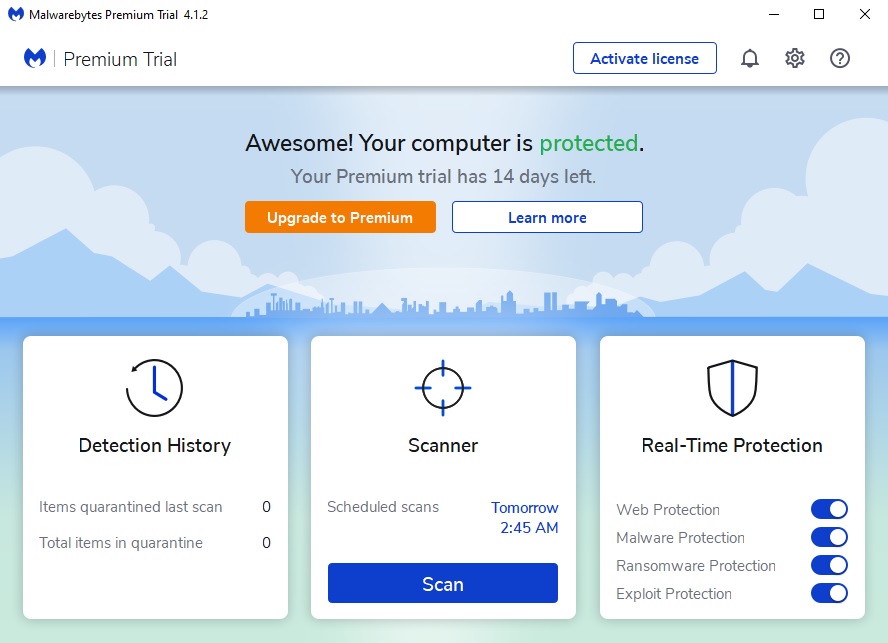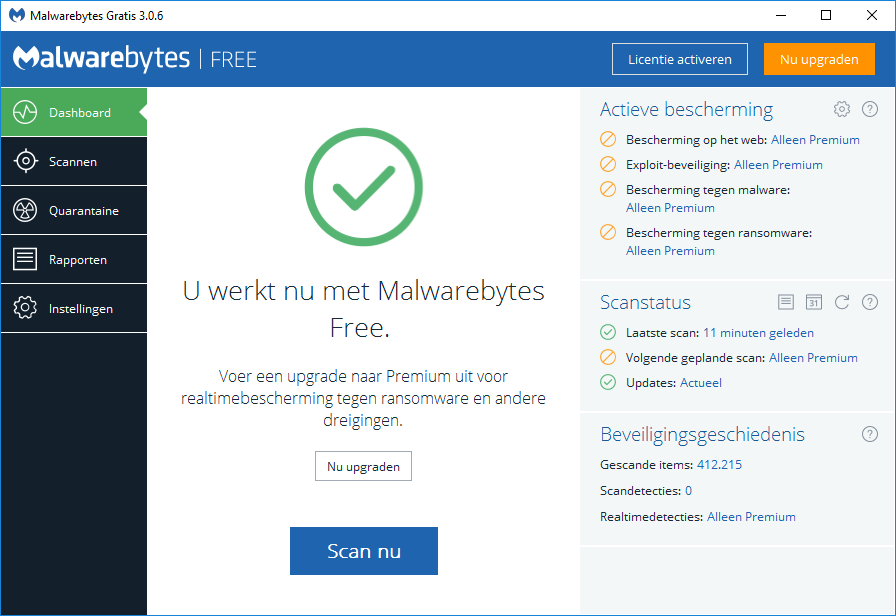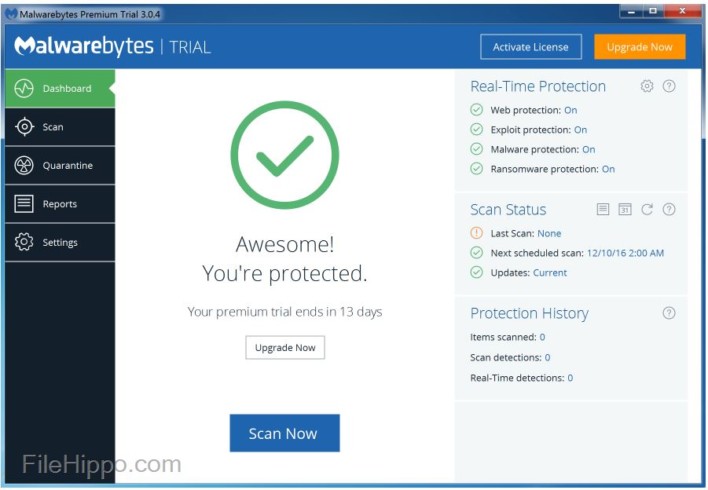



One difference between the original Joker and Autolycos, however, was pointed out by Ingrao.”No webview like #Joker but only http requests,” he tweeted. The trojan would hide in the advertisement frameworks utilized by the malicious apps propagating it these frameworks aggregate and serve in-app ads.Īfter the apps with Joker were installed, they would show a “splash” screen, which would display the app logo, to throw off victims while performing various malicious processes in the background, such as stealing SMSes and contact lists as well as performing ad fraud and signing people up for subscriptions without their knowledge. Joker was the first major malware families hat specialized in in fleeceware, according to Malwarebytes. Indeed, upon further examination, researchers from Malwarebytes believe the malware is a new variant of Joker–what Malwarebytes refers to as “Android/–Malwarebytes intelligence researcher Pieter Artnz said in a post published a day after Ingrao’s revelation. Ingrao compared the malware to Joker, a spyware discovered in 2019 that also secretly subscribed people to premium services and stole SMS messages, among other nefarious activities.
MALWAREBYTES 3.0 FREE ANDROID SERIES
“For example, there were 74 ad campaigns for Razer Keyboard & Theme malware,” Ingrao tweeted in one of a series of follow-up posts describing how the malware works.
-1200x1200.jpg)
The cybercriminals behind Autolycos are using Facebook pages and running ads on Facebook and Instagram to promote the malware, he said. Ingrao said he discovered eight applications on the site spreading Autolycos since June 2021 that had racked up several million downloads. This type of malware–in which malicious applications subscribe users to premium services without their knowledge or consent to rack up payment charges–is called toll fraud malware, or more commonly, fleeceware. according to a post he made on Twitter last week. Google has removed eight apps from its Google Play store that were propagating a new variant of the Joker spyware, but not before they already had garnered more than 3 million downloads.įrench security researcher Maxime Ingrao of cybersecurity firm Evina discovered a malware that he dubbed Autolycos that can subscribe users to a premium service as well as access users’ SMS messages.


 0 kommentar(er)
0 kommentar(er)
